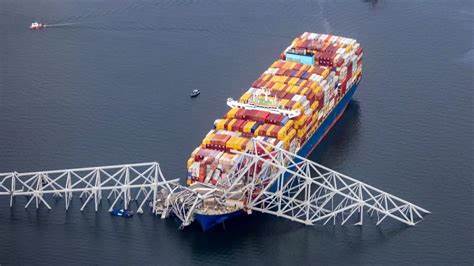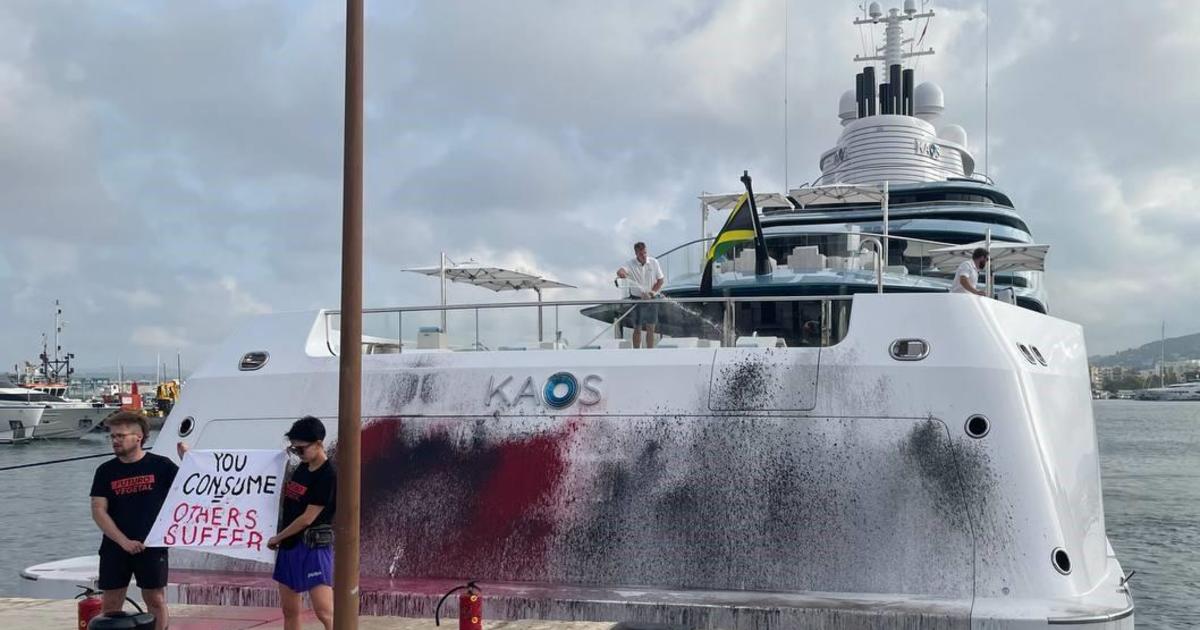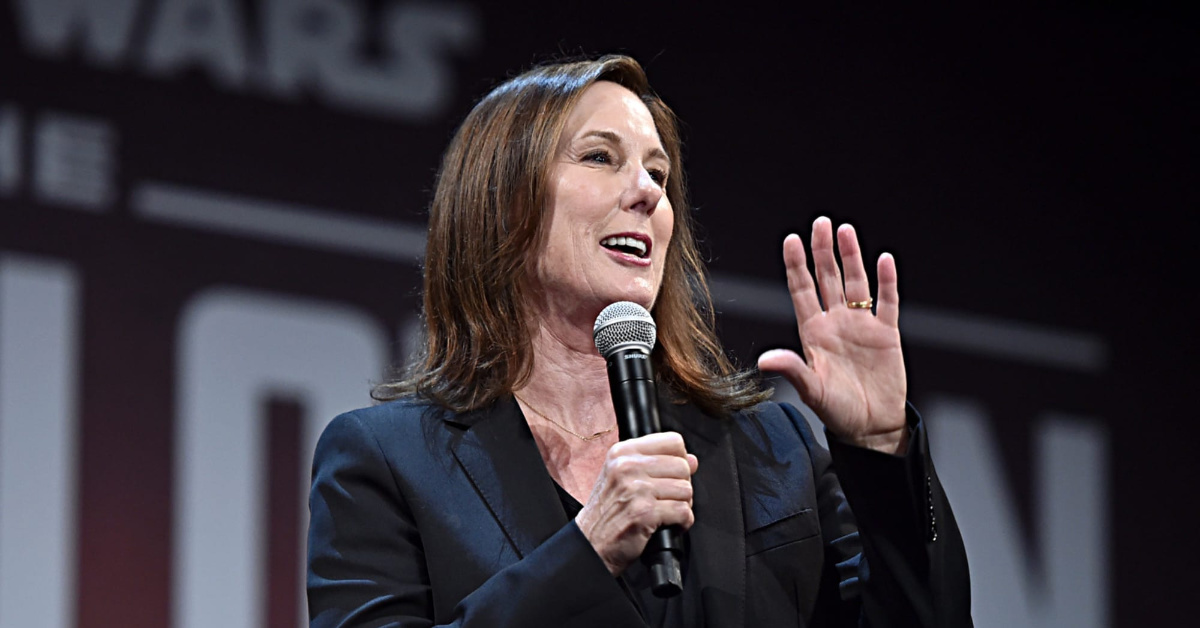In the aftermath of the Francis Scott Key bridge collapse in Baltimore, Mediterranean Shipping Company (MSC), the world’s largest ocean carrier, has made a significant decision to terminate container contracts at diversion ports, shifting the burden of cargo logistics onto U.S. companies. This move represents a notable adjustment in shipping dynamics following a disaster that has disrupted a critical node in the global supply chain.
MSC’s decision aligns with actions taken by other major carriers such as CMA CGM, COSCO, and Evergreen, all of whom have adjusted their standard operations in response to the unforeseen calamity. By invoking the force majeure clause, these companies are freeing themselves from contractual obligations to deliver cargo to the originally intended destinations once containers are rerouted to alternative ports.
According to an email obtained by a news source from MSC to its customers, the company’s approach involves declaring the contract of carriage terminated at the alternate port. Subsequently, storage, D&Ds (Demurrage and Detention), and on-carriage costs to the initially intended destination will become the sole responsibility of the cargo owner. This places additional financial and logistical burdens on shippers, including potential delays and increased transportation costs.
MSC stated in its customer communication that it regrets the disruption caused by this contingency plan, which is necessitated by events beyond its control but carried out in compliance with the terms of the contract of carriage.
The impact of the Baltimore port crisis extends beyond the immediate logistics sector. As the nation’s eleventh-largest port and a key hub for the imports and exports of various commodities, its indefinite closure has far-reaching consequences. Alternative ports like New York/New Jersey, Virginia, and Philadelphia are expected to absorb redirected cargo, but the sudden influx may strain their capacities despite assurances of readiness.
Logistics companies and shippers are now scrambling to adapt to these rapid changes, striving to ensure the continued movement of goods with minimal disruption. This incident exacerbates the financial and operational challenges that the shipping industry has been grappling with post-pandemic, including vessel overcapacity and declining earnings.
Transportation Secretary Pete Buttigieg has engaged with supply chain professionals to address the crisis, emphasizing the need to mitigate congestion and maintain the flow of trade. National Economic Advisor Lael Brainard highlighted the importance of the DOT FLOW initiative in coordinating a government-wide response to support affected stakeholders.
However, smaller businesses lacking established connections at alternative ports may encounter significant difficulties. Paul Brashier, vice president of drayage and intermodal at ITS Logistics, underscored this challenge, stating that for some shippers, navigating these changes represents starting from scratch.


















































































